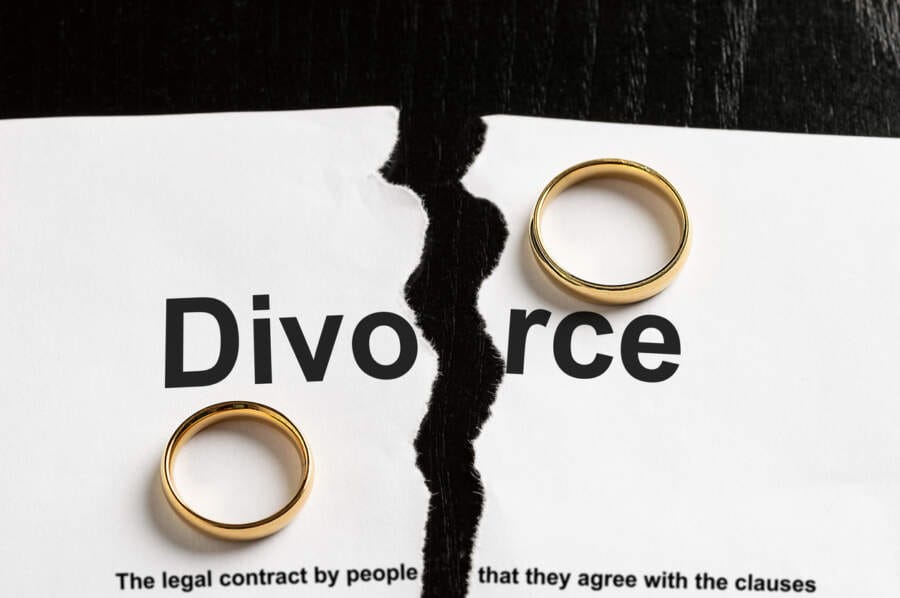
A marriage is defined as being ‘short’ if it lasts for five years or less and, according to the Office for National Statistics (ONS), the average duration of marriages is decreasing year on year. After recent headlines delving into the divorce of Pamela Anderson and Dan Hayhurst following just one year of marriage, Emma Davies, partner and solicitor specialising in family law at Nelsons, discusses whether the length of a marriage affects the division of assets.
In any marriage ending in divorce, there are three key principles that have to be considered when addressing financial resolution:
- Needs: The principle that assets will be divided to meet both parties’ housing, income and other financial needs;
- Sharing: That the matrimonial pot will be divided equally between the parties unless there is a good reason to depart from equality. A party’s needs are just one reason why an equal division may not be appropriate; and,
- Compensation: Referring to relationship generated disadvantage where one spouse gives up or significantly hinders their own career prospects and future earning capacity.
Prior to recent case law, the courts suggested that in the case of a short and childless marriage, the sharing principle should be departed from and that, instead, the focus of the court should be on both parties’ needs.
The changes
Recent case law explored these principles in the context of short marriages. In the case of E v L [2021] EWFC 60, Mr Justice Mostyn concluded that it was not for the court to value a marriage based on whether there were children and, when considering the sharing principle, the court should start and almost invariably finish with the proposition that a marriage is a marriage.
Mr Justice Mostyn considered marital acquest, the increase in value of the assets from the start of the marriage or cohabitation, to the time of separation or divorce. In this case, the court felt that it would be very rare for there to be a situation where unequal division of matrimonial property earned, for example generated during as opposed to brought into the marriage, during a short marriage could be a legitimate outcome.
Moving forwards
As a result of this recent case law, parties who are getting divorced after a short marriage without children should be aware that the sharing principle is likely to still apply to the marital acquest, and will only be departed from in a minority of cases.
If there are concerns about how assets may be divided upon divorce, regardless of the length of the marriage, then it’s always advisable to seek specialist family law advice as soon as possible in proceedings.
For more advice on divorce and separation, please visit: www.nelsonslaw.co.uk/divorce-and-separation/.


